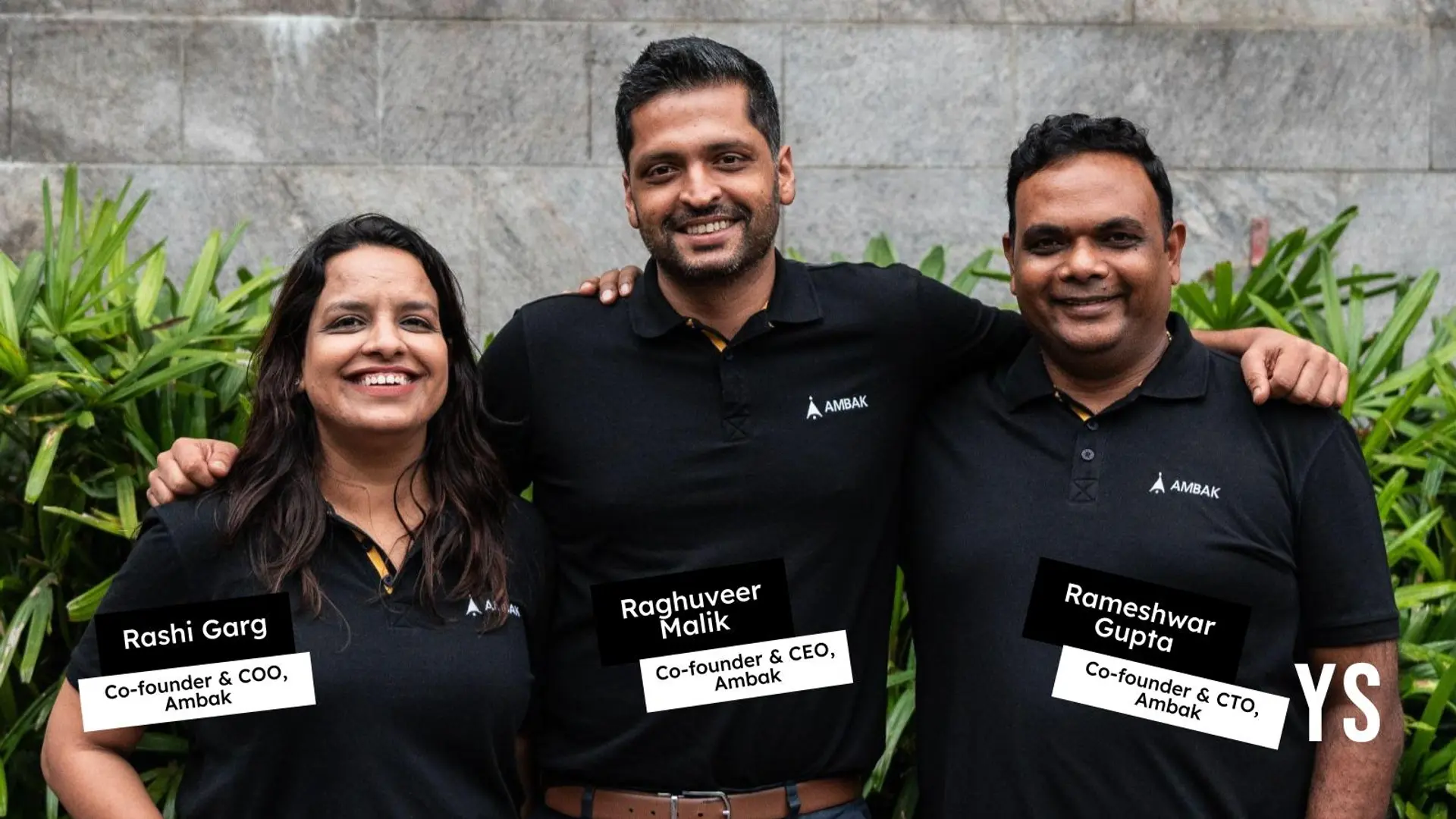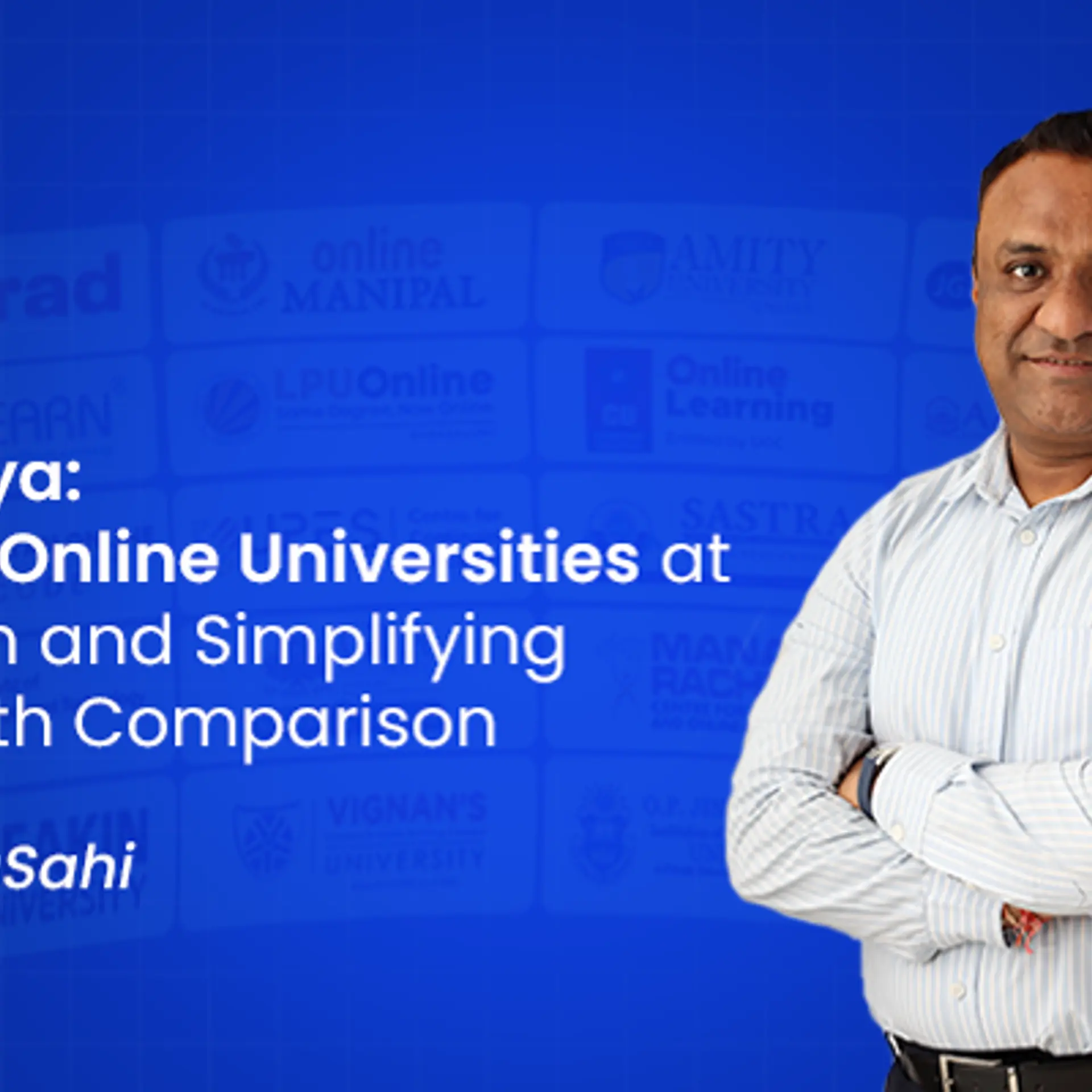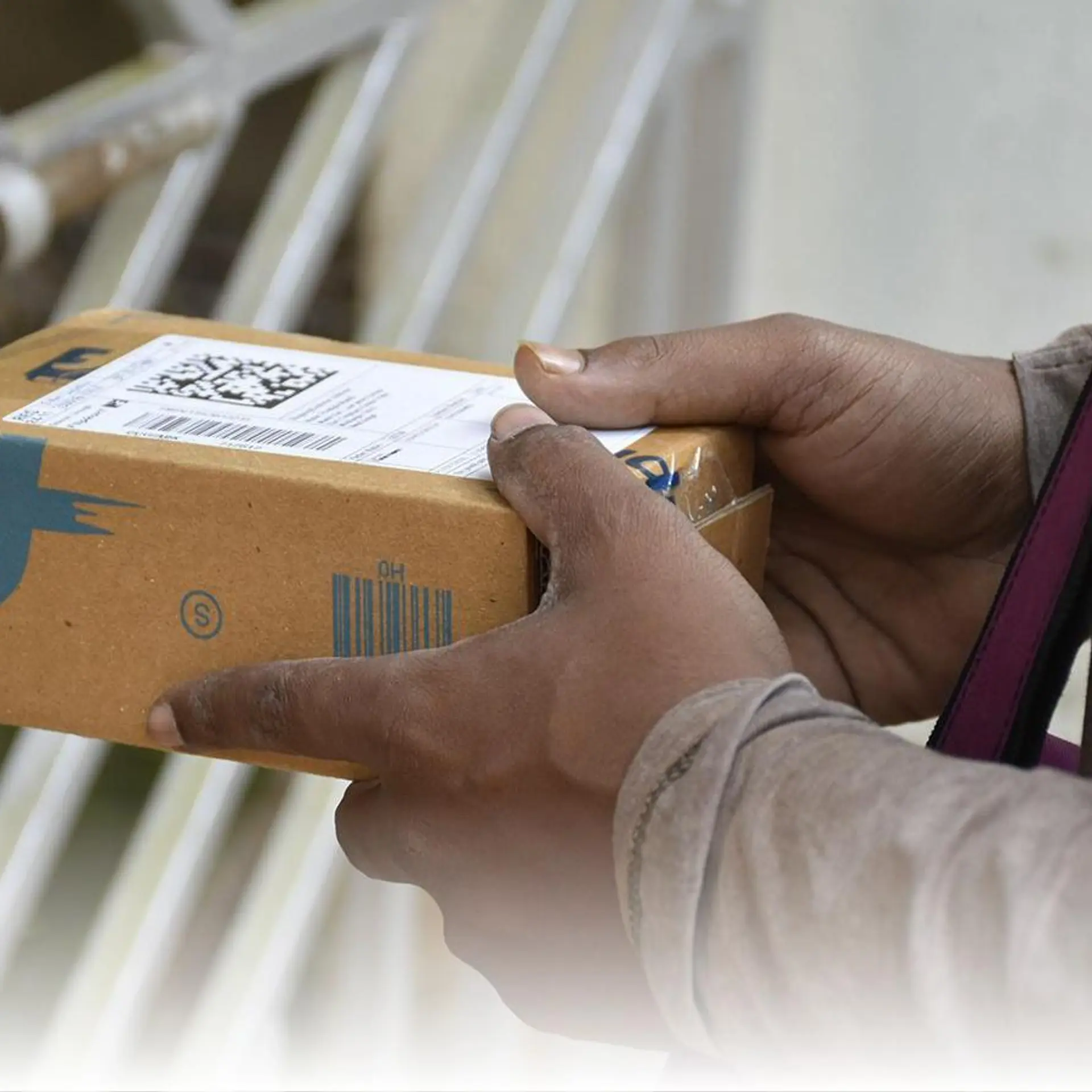Meet the IIM grad who went back to her roots in Bihar to start a school for underprivileged children
Twenty-eight-year-old Garima Vishal has embarked on a journey to educate under privileged children with an education system that is different from the one that is currently being followed in the country.
Founded in 2014 in Muzaffarpur, Bihar, Dejawoo School of Innovation follows a three-pillar education system.

How it all began
An engineer from Manipal Institute of Technology, and an MBA graduate from IIM Lucknow, Garima hails from the town of Selra in Bihar.
“My father has always encouraged my siblings and me to pursue higher education, as he understood the importance that education plays in today’s society. I was the first female graduate from my town, which has given my parents and me the inspiration and the moral obligation to take up educating children in the long run.”
In 2011, while Garima was working for Infosys in Bhubaneswar, she realised her true calling. She came across a few kids in her neighborhood, who never went to school. Garima was appalled to learn that the kids didn’t have a school to attend in the vicinity, which gave them no scope of getting educated. Moreover, the kids belonged to a community that hailed from Gujarat, who found it difficult to accommodate themselves in the Oriya-medium government schools in the city.
Garima, in an effort to help the children of the community, started evening classes in mathematics, Hindi, and English with strength of around 30 children. One of the parents offered to provide a room every evening to teach the children.
Talking about her experience with the kids, Garima says, “I really wanted to help these kids. The parents were in a helpless condition because of the language barrier, but the kids spoke Hindi well. The parents were initially reluctant to send their kids for classes since they would rather prefer their kids to work than study. But eventually, they became very enthusiastic and supported us.”
By the end of her stay in Bhubaneshwar, things were looking up and when it was time for her to move to another place, Garima realised that her classes will have to come to an end. To ensure that her efforts do not go in vain, Garima accommodated most of the children into private schools with a nominal fee.
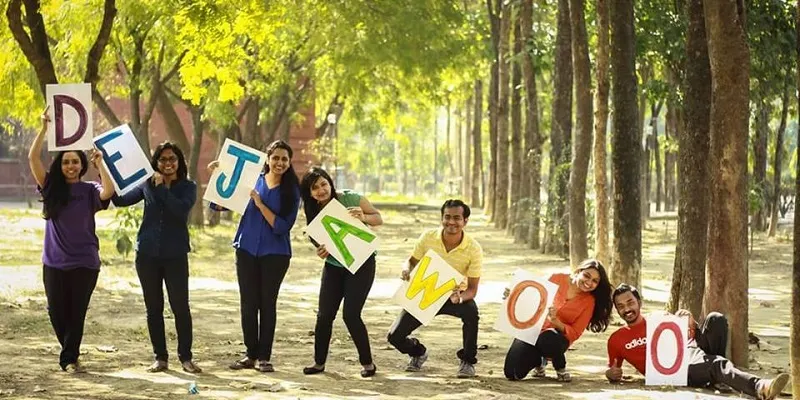
Dejawoo School of Innovation
After having taught the children in Bhubaneshwar, there was no turning back for Garima. She moved to Muzaffarpur, Bihar, where she currently resides. With the desire to continue in the field of education, Garima decided to open a school in the city. After observing that most schools in the city and the state gave importance to academics and laid little emphasis on personality and overall development of the children, she decided to formulate a new approach. That’s when the idea of Dejawoo School of Innovation was born.
The name is a combination of Déjà vu+woo, where Déjà vu means a feeling of having already experienced the present situation (the school’s environment is such that kids will feel, they have already visited this place, it is like their home) and “woo” is the happy feeling.
Talking about the school, Garima says, “The goal of this school is not only imparting education but also developing personalities and culture of innovation and freedom of thought. The school has impacted lives of many people. I have implemented many innovative techniques to each pillar. I have a team of doctors and engineers who help me in achieving the goals of the school.”
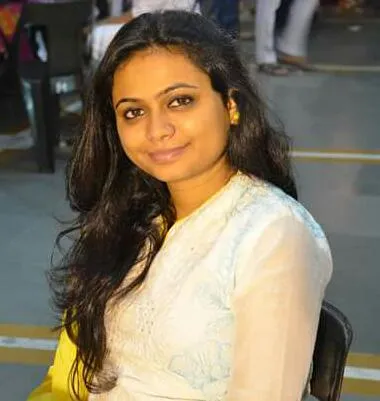
The school employs highly educated females who are not working after marriage. These teachers are trained for about one to two hours every day after class, in addition to hiring professional teachers. This, Garima says, is an effort to utilise the unused potential of the society for the benefit of both the individual and the society.
Talking about the second pillar of the education system, Garima says, "The syllabus for the students is designed after a lot of research and analysing the schedule across the globe. We promote activity-based learning for all the classes. Special attention is given to each child as every child is unique. We use ASQ (Age Stage Questionnaire) designed by Paul H Brookes Publishing Co, London, to monitor the mental, physical, and psychological development of each child and focus on particular weaknesses." She adds,
"In a nutshell, we take care of both software and hardware part of the brain and body of the child."
The third pillar came into the picture after understanding the ground reality while teaching the kids. Garima realised that children stay in school for about four to five hours, spending most of the time at home, where the mindset and the learning curve of children are established. The school trains parents time to time. The schools organises guest lectures by pediatrics, physiotherapists, and different specialists for holistic development of the children.
Parents are equipped with knowledge on how to use the internet, emails, and even handling a mobile. By this, the school hopes to bring a cultural change even in those societies where parents were not fortunate enough to get quality education or education at all.
The school currently teaches students at the primary level and has around 100 students, who hail from all kinds of background. The infrastructure costs and the space for the school are borne by Garima and her in-laws, who have been extremely supportive. The school charges a nominal fee of Rs 800 per month, which is reduced considering the financial situation of the parents.
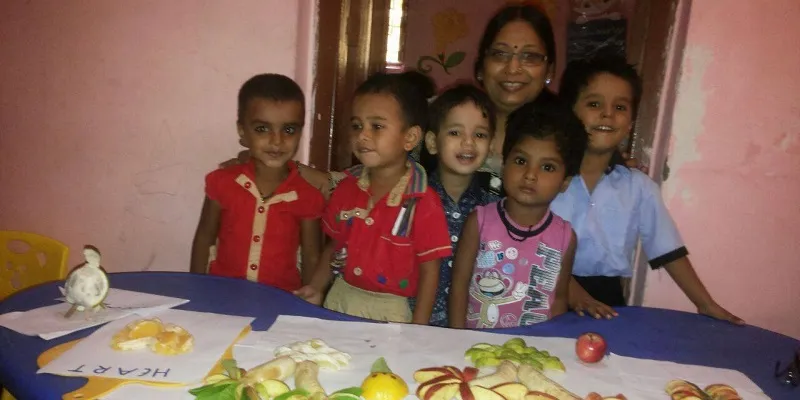
Future plans
Garima says, “We are planning to replicate the same model in other interior parts of Bihar and improve the quality of education to the extent of my capability and reach." She adds,
"I want people to be aware of the initiative and be motivated. Those who are still planning to make the change in society can be the change and follow their dreams."



